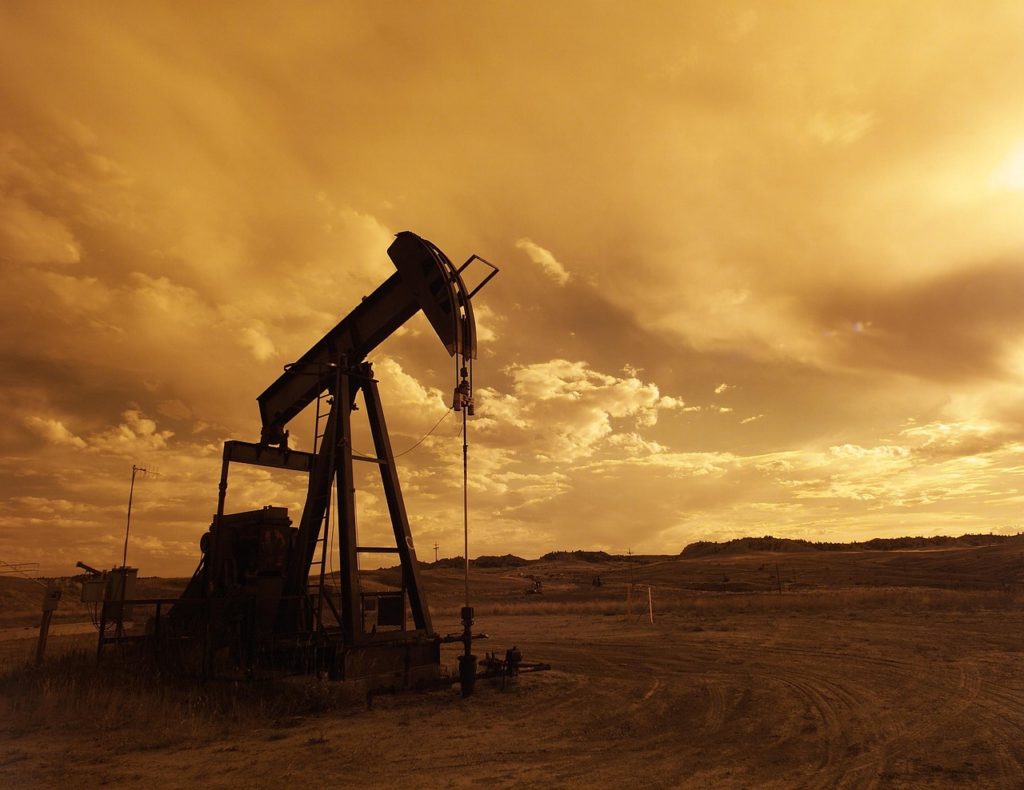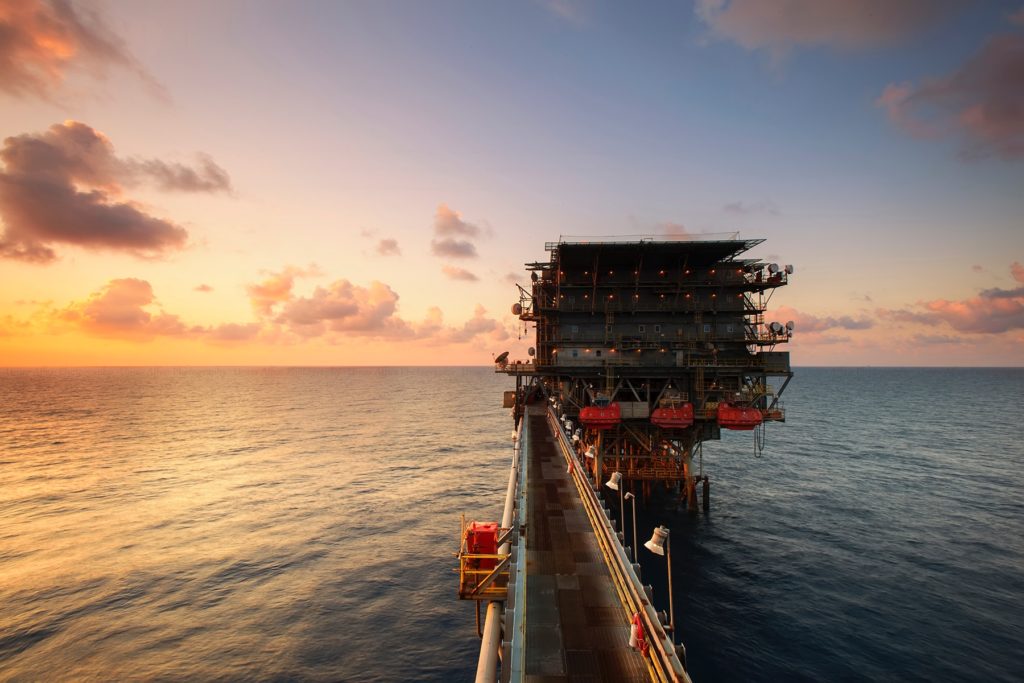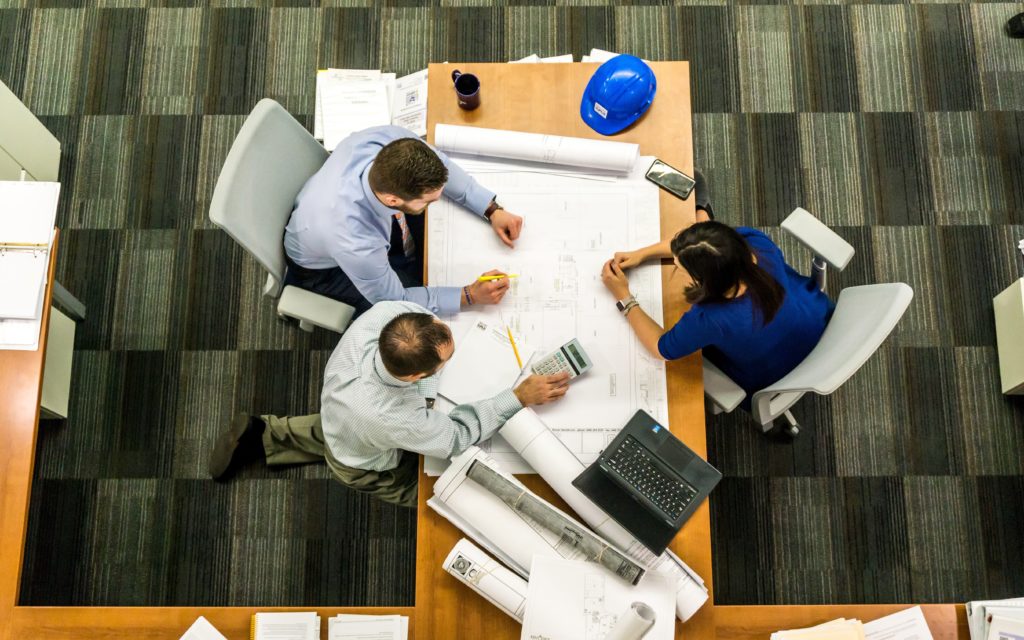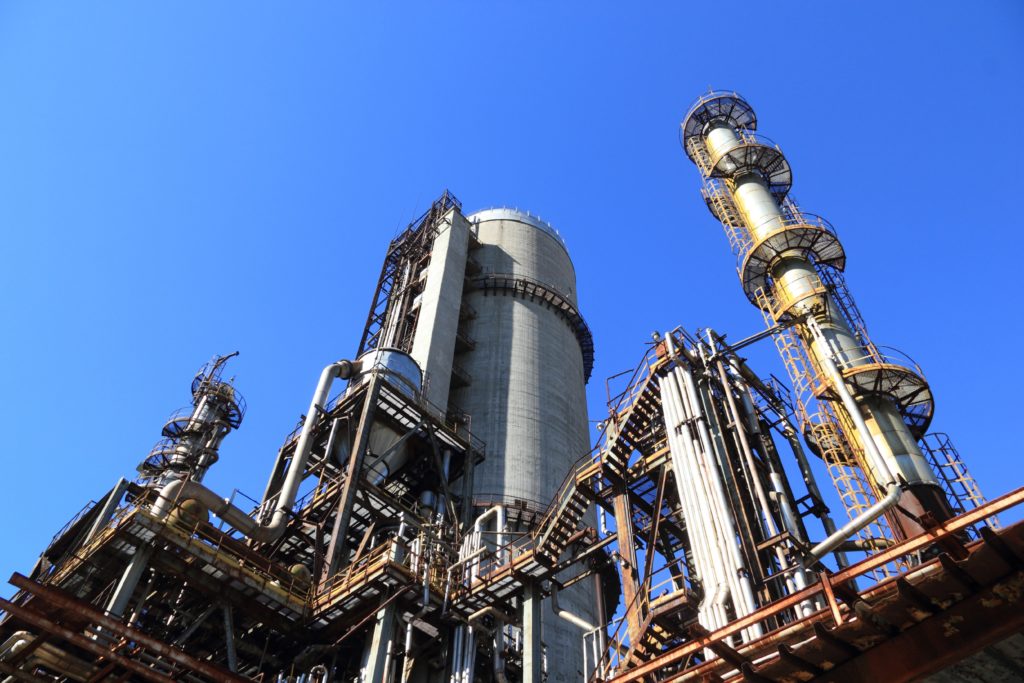
Upstream Production is one of the most rewarding and fulfilling career opportunities in the oil and gas industry. Engineers in Upstream Production provide technical support for a variety of operations such as deep water offshore production, pressure maintenance and waterflood projects, and enhanced oil recovery. Engineers in upstream production often conduct technical work in an office environment where business casual is the accepted dress code. Engineers are required to make occasional trips to the field to observe operations or oversee project implementation (I enjoy this the most!!). The jobs in upstream can be separated into three main job functions:
- Subsurface/Production Engineer
- Reservoir Engineer
- Facilities Engineer
The roles and responsibilities for each vary, however each job function works with each other on an asset level team to optimize production from an oil and gas field.
Subsurface/Production Engineer

Roles and Responsibilities
A subsurface/production engineers role is to optimize field production by managing a successful workover program. They ONLY deal with problems below the surface, hence “subsurface” in the job title. You can think of them like a “well” doctor. They examine sick wells, diagnose the symptoms, review the well history, and prescribe the remedy. They are responsible for completing new wells, improving production from flowing wells, restoring production from idle wells and abandoning wells that are no longer profitable. They are often responsible for one or multiple fields.
Activities
A subsurface/production engineer is directly involved with operations personnel and workover contractors in the field every day (so expect to be on the phone/teleconference call a lot). When problems are encountered, a production engineer has to use sound engineering judgment to make quick decisions. Therefore it requires a person that can handle making good decisions under pressure. Some daily activities include:
- Evaluating decline curves and diagnostic data to determine the need for well intervention
- Designing artificial lift systems
- Selecting the appropriate sized well tubing
- Developing cost estimates and procedures for a well intervention program
- Supporting field operations in the evaluation of wellbore integrity
- Making technical decisions on how to resolve challenges with a particular well
Travel
Travel requirements for subsurface/production engineer range from one trip per quarter, to multiple trips per month depending on the activity level for a particular asset. Travel may require helicopter fights to offshore locations, driving company vehicles to nearby field locations, or flying in commercial aircraft to field locations located far from the office.
Education
The typical education level for a subsurface/Production engineer includes a bachelors degree in mechanical, chemical, or petroleum engineering.
Bottom Line:
If you love a fast paced work environment, have a knack for making good decisions under pressure (remember the life of the well is on the line), want to travel occasionally, and seek frequent feedback of your decisions, this is where you will shine.
Reservoir Engineer

Roles And Responsibilities
A Reservoir Engineers role is to maximize profit from oil and gas fields by optimizing the recovery of oil and gas reserves. They generally plan the entire depletion plan over the life of the assett without all the necessary data. I refer to them as a “black box” engineers because they must often make decisions with little knowledge of the reservoirs internal workings. Because making good decisions with little data is not an easy task and risky, reservoir engineers are paid the highest salary out of all the job functions. They are responsible for estimating the reserves in place, predicting reservoir performance, developing depletion plans, and performing economic analysis.
Activities
A reservoir engineer performs reservoir surveillance activities to monitor whether well production is progressing as expected. They tend to make long term decisions on how to best deplete the reservoir. Some of the daily activities a reservoir engineer performs include:
- Developing computer simulation models to predict well performance
- Performing material balance calculations to estimate the reserves in place
- Make recommendations on where to drill new wells
- Make recommendations on how to increase production from existing wells
- Perform economic analysis on various work proposals for other job functions
- Working with other engineering job functions and Geo-science teams
Travel
Travel for reservoir engineers is fairly low because reservoir engineering activities are not visible from the surface of the earth. Occasional trips to the field are made to discuss future depletion activities with operation personnel.
Education
The typical education level for a Reservoir engineer includes a bachelors/masters degree in chemical or petroleum engineering.
Bottom Line
If your tech savvy, analytical thinking, are comfortable AND good at making decisions without all the required information, and like working in a cool office behind a computer everyday, you should consider a job in reservoir engineering. You’ll be a rockstar!
Facilities Engineering

Roles and Responsibilities
A Facilities Engineers role is to provide technical support for oil and gas processing equipment ABOVE the surface. They are responsible for working with operations personnel to improve the efficiency of existing systems. You can think of thems as the oilfield cardiologist because they work to maintain pipelines (veins), compressors and pumps (heart), and debottleneck high pressure drop regions (blood clots) in the different flow systems. They tend to have an excellent understanding of fluid flow, heat transfer, and mechanical equipment.
Activities
A facilities engineer works with operations personnel to improve/troubleshoot equipment above the surface including pipeline systems, compressors, pumps, heat exchangers, dehydration units, water treatment systems, and processing equipment. Some of the daily activities a facilities engineer performs include:
- Troubleshooting malfunctioning equipment with field operations staff
- Make recommendations to debottleneck existing processing equipment and improve reliability of different surface systems
- Identifying uplift opportunities above the surface
- Designing/sizing pipelines, seperators, compressors, pumps, and valves
- Present plans to management to obtain funding to optimize production from an asset
Travel
A facilities engineer travels the most out of any other job function in upstream production. They typically make multiple trips per month to the field and in some cases stay in the field for extended periods of time (I know some facilities engineers that moved there office out to the field to work there permanently! Those that decide to do it this way are usually to good ones).
Education
The typical education level for a facilities engineer includes a bachelors degree in chemical, mechanical, electrical, materials, civil or petroleum engineering.
Bottom Line
If you have a knack for getting along with blue collar workers, are mechanically inclined, like living out of suitcase, and don’t mind working outside in the elements, you’ll be a boss in this role. Just do it, your going to be a legend and learn so much.